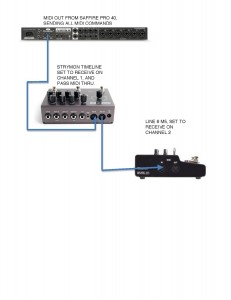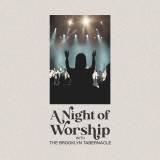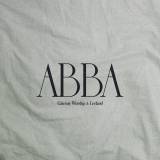MIDI BASICS FOR KEYBOARDISTS
I get a lot of questions
on what EXACTLY MIDI is. I can say “I have a MIDI controller here, and
this is sending MIDI notes to here, and then I have this MIDI drum pad here,
and that is sending a MIDI Program Change to here” and once I finish my sentence,
I get these blank stares. So I thought I would simply MIDI to a few basic
principles for those of you wanting to use it in your keyboard rigs, guitar
rigs, loop rigs, etc.
What
Does It Mean?
Musical Instrument Digital Interface
What
Does It Do?
MIDI signal is simply an
electronic protocol. There is absolutely no audio signal passed through a
MIDI cable, it is simply for electronic devices to talk to each other. A
basic MIDI cable will usually by a 5-pin male-to-male cable. But only
three of the pins are usually connected.
When
Was It Made?
In the musical world,
MIDI is still relatively new, but is being used now in ways I doubt Bob Moog
and Dave Smith, who developed and announced it in the early 80’s, would be able
to imagine what it would be doing now.
So
How Does It Work?
As I said, MIDI is simply
a protocol through which messages are sent through electronic devices. In
a keyboardist/multi-instrumentalists/programmers context, it is really useful.
In my current rig, a Line 6 M5, and a Strymon Timeline. These all
have MIDI IN capability. So how do I use them? Well, MIDI cables
have the ability to carry 16 channels per separate and available midi hosts.
So, in the diagram below, I send MIDI OUT from my Saffire Pro 40, to the
MIDI IN, of the Strymon Timeline, then MIDI OUT of the Timeline to the MIDI IN
of the M5 Using MIDI channels settings in the respective units, I am able
to change presets, and programs, as well as tempo via one push of a button send
a MIDI Program Change to each of these. One brilliant thing about
Ableton, and these pedals that is really great is the MIDI Tempo Sync feature.
So whatever tempo I assign to Ableton Live, it sends signal to sync the
tap tempo of the respective pedals!

In the diagram, all of
these parts are connected by MIDI cables. I am using Ableton Live to send
MIDI commands out of the Saffire Pro 40, to the rest of these. Since a
MIDI cable can carry 16 different channels of commands, there is no need for
different MIDI output ports, all the different channel commands are running
through one line of cable. So, I am able to talk with the pedals
individually or at the same time as well as change tempo via the MIDI sync
function in Ableton Live so all my tap tempos line up automatically.
note: the Line 6 M5 like many
other devices may have MIDI OUT but it will not pass incoming signal through
it, otherwise known as MIDI THRU. A Midisolutions box, such as a
Midisolutions Quadra, is a great MIDI Splitter for sending different signals to
various devices if MIDI THRU is not an option.
Using a MIDI System with Your Digital Keyboard
An acoustic piano does
one thing — produces piano notes as you press the keys. But, with a MIDI system
attached to a digital or hybrid keyboard, you can connect to and communicate
with other keyboards, your computer, or other digital equipment and produce a
vast array of piano sounds and non-piano sounds. MIDI (musical instrument
digital interface, if you were wondering), pronounced mid-ee, can change your musical
life.
MIDI BASICS FOR KEYBOARDISTS
 Reviewed by Admin
on
2:00:00 PM
Rating:
Reviewed by Admin
on
2:00:00 PM
Rating:
 Reviewed by Admin
on
2:00:00 PM
Rating:
Reviewed by Admin
on
2:00:00 PM
Rating:
















Post a Comment